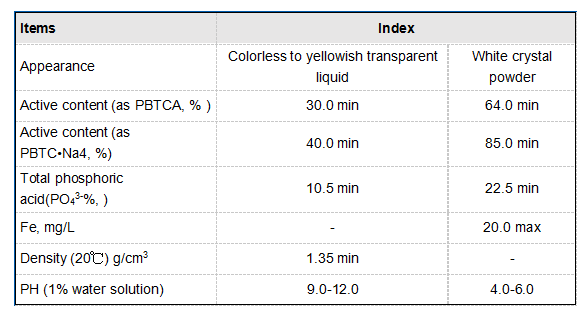Exploring the Applications and Benefits of PAM Flocculant in Water Treatment Processes
The Role of PAM Flocculant in Water Treatment
Polyacrylamide (PAM) flocculants have become an indispensable tool in modern water treatment processes, owing to their exceptional ability to improve the settling of particles and enhance the clarity of wastewater. This synthetic polymer plays a significant role in various applications including municipal water treatment, industrial effluent management, and even in agriculture.
Understanding PAM Flocculants
Polyacrylamide is a water-soluble polymer that can be used in various forms, including anionic, cationic, and non-ionic, depending on the specific requirements of the treatment process. The unique structure of PAM facilitates its ability to bridge and agglomerate fine particles, resulting in the formation of larger flocs. These flocs can then be easily removed from the water, leading to improved turbidity levels and overall water quality.
Applications in Water Treatment
One of the primary applications of PAM flocculants is in municipal wastewater treatment. As cities expand and industrial activities increase, the demand for efficient wastewater management systems has risen. PAM flocculants are used in secondary treatment processes where they help in clarifying sludge and enhancing the removal of organic and inorganic pollutants. By adding PAM, water treatment facilities can achieve lower turbidity which is essential for meeting environmental regulations and ensuring public health.
In industrial settings, PAM is used in the treatment of process water and effluents. Industries such as mining, oil and gas, and textiles generate significant quantities of wastewater that often contain hazardous pollutants. The use of PAM flocculants allows these industries to efficiently reduce the volume of sludge produced and increase the recovery of valuable water, thus minimizing waste. Furthermore, it helps in complying with stringent environmental standards, thereby avoiding potential fines and promoting a cleaner operational footprint.
pam flocculant

Agricultural Benefits
Interestingly, PAM flocculants have also found their way into agriculture, particularly in soil erosion control and irrigation efficiency. When applied to soil, PAM helps to improve soil structure and water infiltration rates, which can significantly reduce erosion in arid and semi-arid regions. Additionally, by enhancing the retention of soil moisture, PAM contributes to more sustainable farming practices, which is crucial in the face of climate change and water scarcity.
Environmental Considerations
Despite the numerous benefits of PAM flocculants, it is essential to consider their environmental impact. Being a synthetic polymer, there are concerns regarding biodegradability and potential toxicity. However, when used in appropriate concentrations and with careful management, PAM is generally regarded as safe for environmental applications. Ongoing research is focused on developing biobased or biodegradable alternatives to further mitigate any ecological risks while maintaining effectiveness.
Conclusion
PAM flocculants represent a versatile and effective solution in water treatment across various sectors. Their ability to enhance the removal of particles and improve water clarity is vital for achieving environmental compliance and promoting public health. As industries and municipalities continue to seek sustainable solutions for water management, the role of PAM in optimizing treatment processes will undoubtedly expand. By understanding its applications and potential risks, stakeholders can effectively harness the power of PAM flocculants, contributing to a cleaner and more sustainable water future.
-
Water Treatment with Flocculant Water TreatmentNewsJun.12,2025
-
Polymaleic AnhydrideNewsJun.12,2025
-
Polyaspartic AcidNewsJun.12,2025
-
Enhance Industrial Processes with IsothiazolinonesNewsJun.12,2025
-
Enhance Industrial Processes with PBTCA SolutionsNewsJun.12,2025
-
Dodecyldimethylbenzylammonium Chloride SolutionsNewsJun.12,2025





